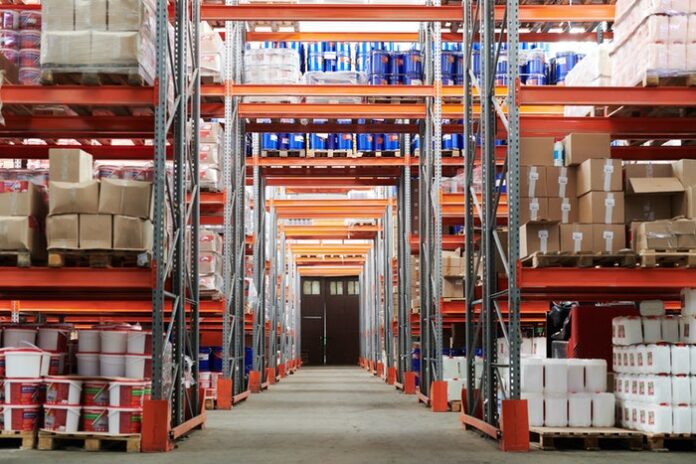Radio frequency identification (RFID) tags are finally getting cheap enough that their use is becoming widespread, whether you’re in manufacturing, shipping and logistics, or plain old retail. Passive and active RFID tags are gaining popularity for a reason — they’re the superior asset management technology. Passive RFID tags store information until they’re activated by an RFID reader; active tags have read/write capability and can send out signals, including alerts and notifications, over a greater distance.
A passive RFID tag can hold so much more information than a barcode, so it’s perfect for tracking and identifying goods throughout the supply chain. An active RFID tag can collect and store information, so that shipping and logistics professionals can have an unprecedented view into what their shipments endure in transit. No matter what kind of business you’re running, if you have assets to manage, RFID tags can help you get it done. Let’s take a look at what RFID asset tracking can do for your company.
Get Total Transparency in Real Time
If you’re shipping perishable products or live plants and animals, you need to know what temperatures those shipments are facing in transit. You might even need to know what route they’re taking, or where they are in the case of a shipping delay.
There are currently a range of RFID asset tracking tools available to give you that detailed level of real-time transparency when you need it. You can use an active RFID tag to track the temperature of a temperature-controlled shipment, or you can get GPS-enabled tags that show you where your packages are. You can even get tags that measure the shocks and impacts your shipments undergo, so you can pinpoint causes of shipping damage or simply know that delicate equipment is likely to be intact upon arrival.
Keep Track of Assets and Inventory
RFID tags for metal surfaces are perfect for tracking assets and inventory. If you need to know where company fleet vehicles are going, you can track them in real time. If you have a warehouse full of inventory, you can locate specific goods using their RFID tags. You’ll end up losing fewer sales to out-of-stock items, and internal shrinkage will also go down when workers know you’re keeping track of everything you have.
You might not have a manufacturing center or a warehouse full of inventory, but you probably definitely have some equipment you wouldn’t want anyone walking away with. You can use radio frequency tags in much the same way as retail stores do to prevent theft — a sensor near the exit could cause an alarm to sound if employees try to walk out with some of your equipment.
Say Goodbye to Human Error
To err is human, but RFID asset tracking can help you take some of the human interaction out of the equation, thus eliminating much of the potential for mistakes.
Let’s say you send a truck full of your product off on the supply chain. It arrives at the warehouse. But since the boxes aren’t equipped with RFID tags, the warehouse staff have to copy down all the relevant information from the bill of lading themselves. They have to count the merchandise themselves. Once they’ve stowed the merchandise in the warehouse, they have to remember where they put it themselves.
With RFID asset tracking, the tag itself stores all the relevant shipping information, and simply scanning in the items will populate your warehousing software with the right data. A quick scan will also give you information about what kind and how many products are included, and warehousing staff can use the RFID scanner to locate your items quickly later.
Boost Revenues
As you can imagine, using RFID tracking technology can save your staff a lot of time, which they can use doing more profitable activities than correcting mistakes that they didn’t have to make, or counting inventory items by hand. You’ll probably be able to get by with fewer staff, since you can scan an entire shipment at once with an RFID scanner, reducing a job that once took several men several hours to an automated process that can be completed in seconds. The time you save will streamline processes, and allow you to focus on satisfying your customers.
Implementing RFID asset tracking is one of the best things you can do for your business. No matter what industry you’re in, your company could no doubt be keeping better track of equipment, inventory, or vehicles. Let RFID technology take the guesswork out of managing your assets.
Find a Home-Based Business to Start-Up >>> Hundreds of Business Listings.

















































